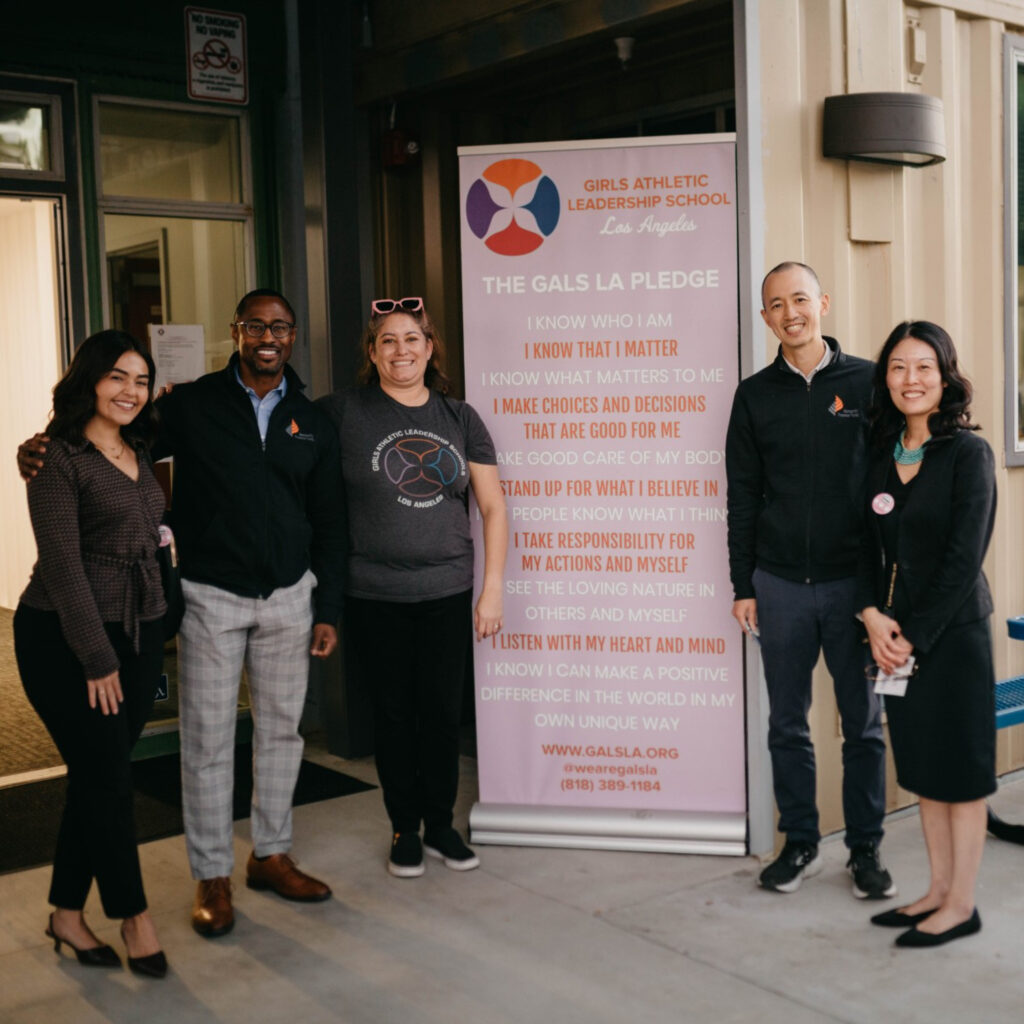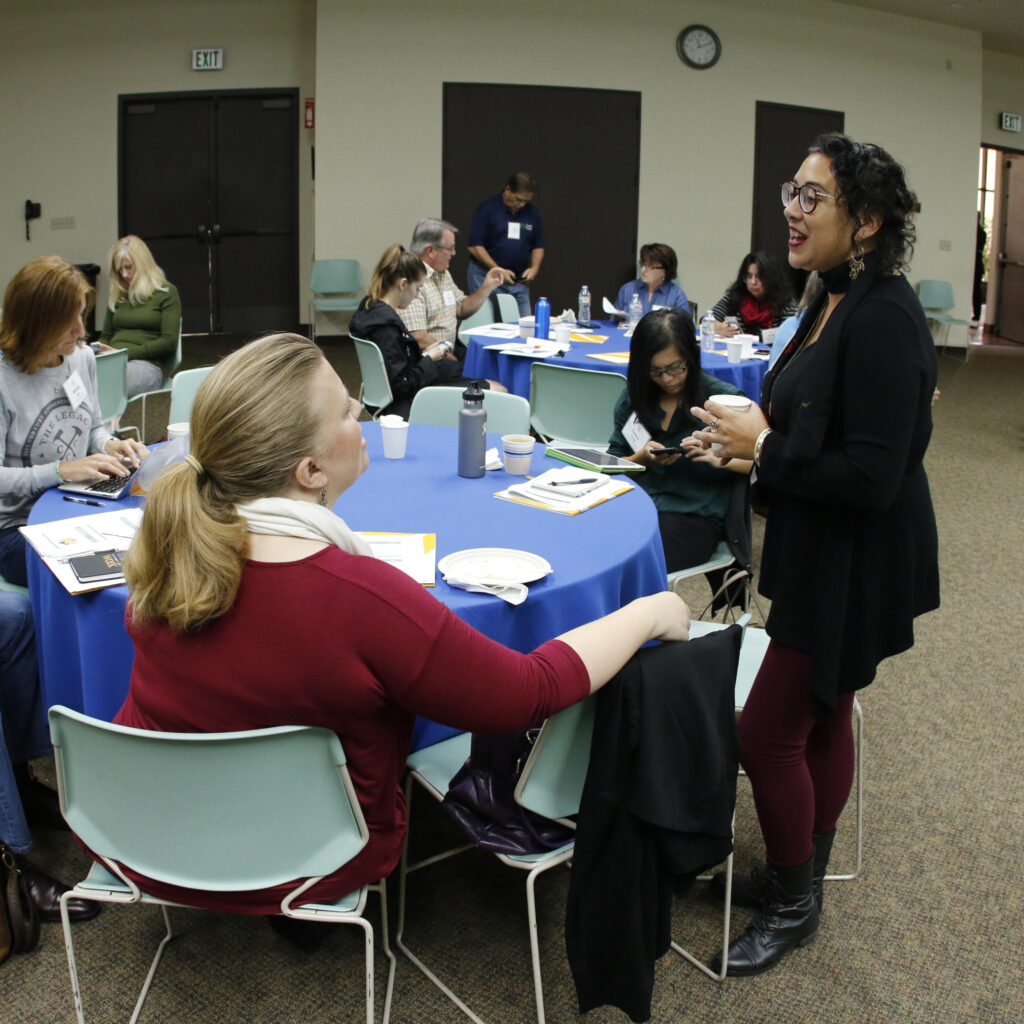Equitable Funding Starts with Understanding Full Cost
Full cost is a framework that aligns nonprofit leaders and funders around what it takes to run thriving and effective programs, address resource disparities, and create financially resilient organizations.
Intro to Full Cost
NFF’s introductory content creates a shared understanding of full cost concepts for nonprofit leaders and foundation program officers – including how to connect finances to mission success.
Implementation and Analysis
NFF staff guide nonprofit leaders through our full cost workbook and calculator to apply concepts to their unique circumstances for a clear picture of immediate and future needs.
Deep Funder Engagement
NFF’s additional training supports funders that are ready to become change-makers and put full cost concepts to work as they support grantee partners.
Sharing Knowledge
NFF collaborates with funders, nonprofits, and other stakeholders to create partnerships that advance full cost funding practices and build a more equitable social sector.

The Six Full Cost Areas
See how to connect organizational finances to the six components of full cost: total expenses, including unfunded expenses; working capital; reserves; debt; fixed assets additions; and change capital.

Full Cost Communication Guide
Explore tips and scenarios based on common conversations with examples for how both nonprofits and funders can approach financial health from a more generative perspective.

Funder Best Practices
Read about the six principles of Trust-Based Philanthropy for insights on how to implement a full cost approach for better grantmaking.
Inquire About Full Cost
Get to know the full cost framework
NFF helps nonprofits, funders, networks, and communities implement full cost practices. Contact us to learn more.

